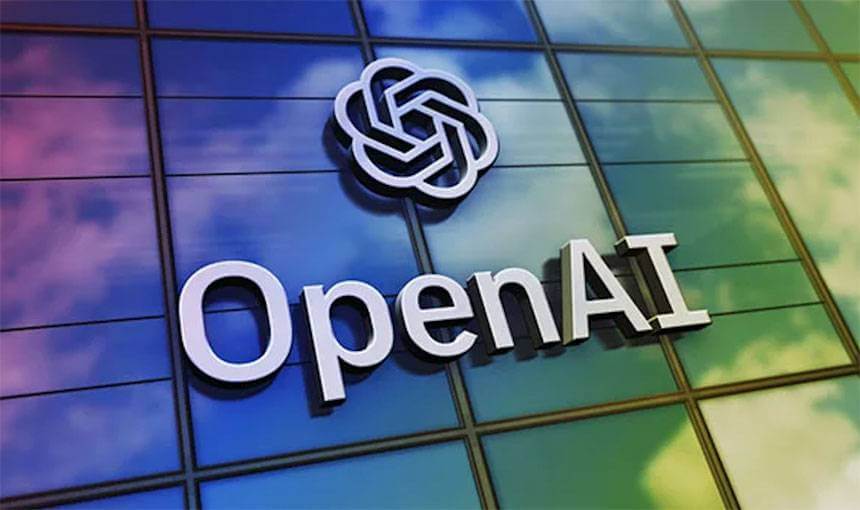SoftBank is making a significant strategic shift by divesting its stake in Nvidia and increasing its investments in OpenAI. This move reflects a growing confidence in the potential of Artificial General Intelligence (AGI) and a desire to be at the forefront of the AI revolution.
In October 2025, SoftBank sold its entire holding of 32.1 million Nvidia shares for $5.83 billion. Simultaneously, the company is moving forward with a substantial investment in OpenAI, totaling approximately $40 billion, with plans to syndicate out $10 billion of that amount to co-investors. Of the $40 billion, $7.5 billion was invested through SoftBank's Vision Fund 2 and $2.5 billion through co-investors. Moreover, SoftBank has approved an additional $22.5 billion investment in OpenAI, contingent upon the AI firm completing a corporate restructuring. This restructuring aims to pave the way for a potential public offering.
SoftBank's CFO, Yoshimitsu Goto, explained that the sale of Nvidia shares was necessary to finance the large investment in OpenAI. He emphasized that OpenAI is considered a key growth driver for SoftBank, and the fair value of their OpenAI investment has risen sharply. Goto also mentioned that SoftBank will invest an additional $22.5 billion in OpenAI by the end of 2025, following the company's restructuring.
The decision to divest from Nvidia, a major player in AI hardware, while increasing investment in OpenAI, a leader in AI software and research, signals SoftBank's belief in the long-term value of foundational AI development. Masayoshi Son, SoftBank's CEO, has expressed strong confidence in OpenAI's future, envisioning the company eventually going public and becoming highly valuable. Son stated that SoftBank is "all in" on OpenAI, aiming to realize the vision of "artificial superintelligence".
This strategic shift comes at a time when the AI market is experiencing both rapid growth and concerns about a potential bubble. Despite these concerns, SoftBank is making a significant bet on OpenAI's potential for continued growth and its ability to generate substantial revenue. Goto contrasted the current AI landscape with the dot-com era, noting that AI firms are now generating significant revenues, justifying the investment.
SoftBank's commitment to OpenAI extends beyond financial investment. The company is also collaborating with OpenAI on the "Stargate Project" to build dedicated AI infrastructure in the United States. This project aims to provide OpenAI with the massive computing power necessary to advance its AI models and achieve AGI. SoftBank is also investing heavily in AI computing infrastructure within Japan, including large-scale AI data centers in Hokkaido and Osaka.
In addition to OpenAI, SoftBank is diversifying its AI-related investments by acquiring Ampere Computing, a US fabless semiconductor company, and pursuing the acquisition of ABB's robotics business. These moves indicate a broader strategy to build a comprehensive portfolio of AI-focused holdings.
Analysts suggest that SoftBank's sale of Nvidia shares should not be interpreted as a lack of confidence in Nvidia or the broader AI industry. Instead, it reflects SoftBank's need for liquidity to fund its substantial investments in OpenAI and other AI ventures. Some analysts view SoftBank's move as profit-taking at the peak of Nvidia's valuation, while others see it as a strategic rotation of assets to capitalize on the perceived higher growth potential of OpenAI.















